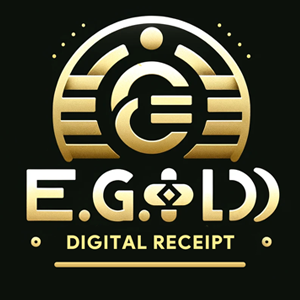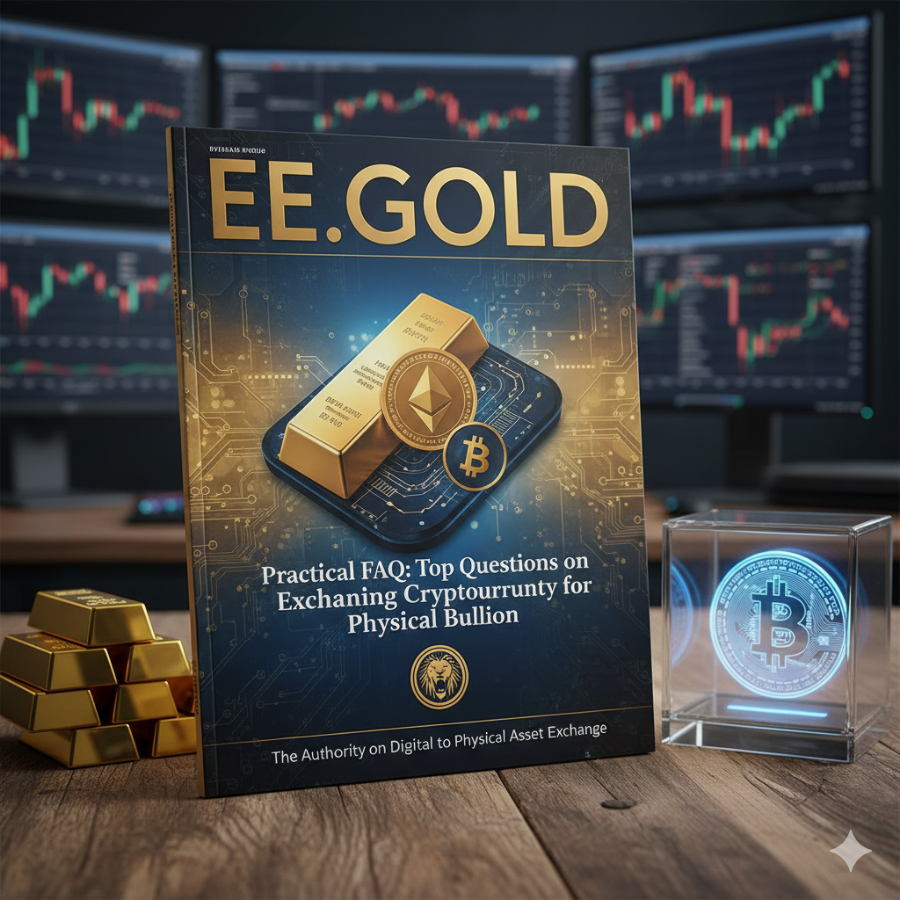
Converting digital assets like Bitcoin, Ethereum, or stablecoins into tangible gold and silver has become increasingly common as investors look to move profits off-chain or diversify into hard money. Here are the most frequently asked real-world questions and straightforward answers.
1. Can I actually swap crypto directly for physical gold or silver?
Yes. Multiple regulated dealers and vaults worldwide now accept direct cryptocurrency payments for allocated physical bullion. You send BTC, ETH, USDT, or other major coins, and they ship bars or coins to you or store them in insured vaults under your name.
3. What are the typical fees when paying with crypto?
Dealers usually charge:
- 1–4% premium over spot (similar or slightly higher than fiat purchases)
- Network/miner fees on your end (exactly what you’d pay sending to any wallet)
- No hidden FX conversion fees since you’re not going through dollars or euros first
Many platforms offer tighter spreads for larger orders (10+ ounces gold or 500+ ounces silver).
4. Is the bullion fully allocated and audited?
Reputable providers give you:
- Specific bar/coin serial numbers
- Vault receipts in your name or your entity’s name
- Regular third-party audits
- Option for personal inspection or independent assay
Avoid anyone who only offers “exposure” or pooled unallocated accounts when you’re paying with crypto.
5. How does delivery work?
You have three main options:
- Insured registered shipping to your door (most countries)
- Pick up in person at vault locations (Zurich, Singapore, London, Delaware, etc.)
- Continued segregated storage with ability to take delivery anytime
Shipping usually takes 3–14 days depending on location and customs.
6. What’s the minimum order size?
Ranges from as low as 1 gram of gold or 1 oz of silver at some dealers up to $50,000+ at others. Most serious direct crypto-to-bullion dealers start around $10,000–$25,000 to keep compliance costs manageable.
7. Do I have to KYC/AML when paying with crypto?
Almost always yes for physical delivery or allocated vault storage. Regulated dealers must identify the beneficial owner. Expect passport/ID plus proof of address, and sometimes source-of-funds questions if the transaction is large.
8. Are there tax implications?
In most jurisdictions:
- Swapping crypto → physical bullion is usually a taxable disposal of the cryptocurrency
- You realize capital gains/losses as if you sold the crypto for cash at fair market value and then bought metal
- Some countries treat gold as currency or have special rules (e.g., no VAT on investment-grade gold in the EU)
Always check your local tax laws; this is not tax advice.
9. Can I stay completely anonymous?
Not with regulated dealers delivering physical metal. If absolute anonymity is required, you would need to cash out crypto to fiat first, use cash to buy bullion privately, and accept the higher risk and cost that route involves.
10. Which dealers are considered reliable for direct crypto purchases?
Look for:
- Years of operating history in the bullion industry (not just a new crypto shop)
- Segregated vaulting with major providers (Loomis, Brinks, Malca-Amit, etc.)
- Direct settlement on-chain (you send to their wallet, not through a third-party processor)
- Ability to take physical delivery without roadblocks
11. Can I later sell the bullion back for crypto?
Many of the same dealers will buy back at close to spot and pay you in BTC or USDT, often within 24–48 hours.
12. Is it safer to keep the metal in storage or take delivery?
Depends on your threat model. Professional vault storage offers insurance, armed security, and no home robbery risk. Home delivery gives you immediate physical control and no counterparty risk after receipt. Most experienced stackers use both.
Bottom line: Exchanging cryptocurrency directly for physical gold and silver is now routine, well-established, and can be done with the same level of trust and transparency as traditional fiat purchases—just make sure you use a reputable dealer with a track record in precious metals, not just another crypto startup.
NOTE
This Content is the copyrighted content of EE.GOLD. All rights are reserved. You are welcome to share or use our content only by including direct links to our website. Any other form of reproduction, distribution, or use without proper attribution is strictly prohibited.
This Content is intended solely for educational purposes. The information provided does not constitute financial or investment advice.
Please note that Digital Storage Receipt, Secure Storage Solutions, and Physical Gold Sales are the only services offered by EE.GOLD.
We strictly adhere to government regulations and are firmly against all illegal financial or investment activities globally.
For further inquiries, feel free to contact us through our official channels.

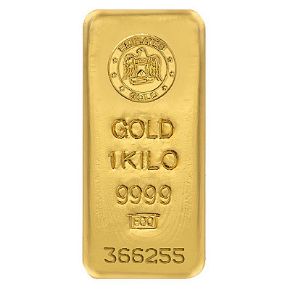



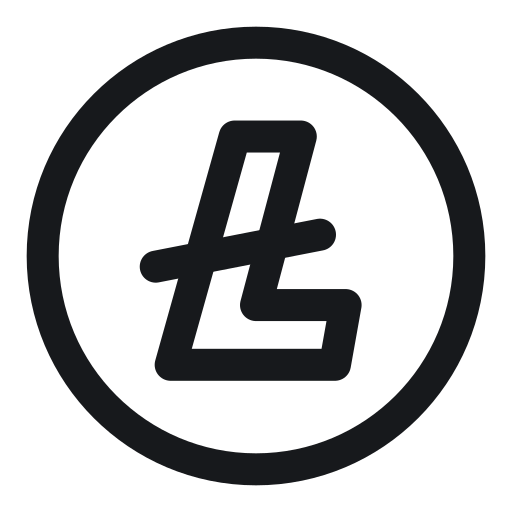

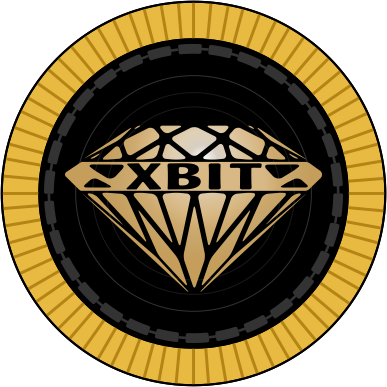
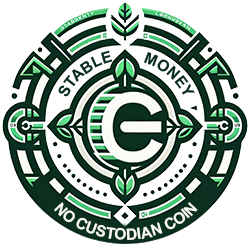

.png)

